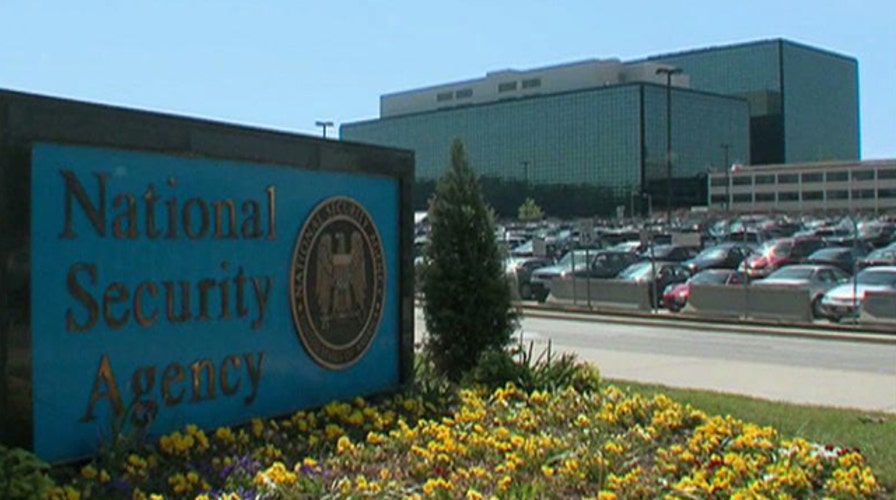Report: NSA broke privacy rules thousands of times per year
Washington Post writer Carol Leonnig weighs in
This is a rush transcript from "On the Record," August 15, 2013. This copy may not be in its final form and may be updated.
GRETA VAN SUSTEREN, FOX NEWS HOST: This is a FOX News alert. We have more on the breaking news about the NSA and the secret court that polices the government spying program. "Washington Post" reporter Carol Leonnig joins us. Good evening, Carol. The story that you just put on "The Washington Post" online at 8:48 p.m. talks about the FISA court. The way I read your story is that the court says it's essentially at the mercy of the government giving its information. Is that a fair description?
CAROL LEONNIG, "WASHINGTON POST" REPORTER: That's pretty fair, but of course, I was a figure that you would discern quickly what that was about based on your experience in front of a court. I think also as well the court is responding to the information obtained by the paper, which shows that compliance violations are extremely high, that the querying of the database of Americans telephone and Internet records involves thousands of violations in a year's time, and the court reasonable is saying that it has limitations on the extent to which it can police that and fact check the government claims.
VAN SUSTEREN: I know that you also worked on the NSA story that you just mentioned. I'm curious. I assume that you and "The Washington Post" went to the NSA. What did they think when you told them you were breaking the news about all these violations?
LEONNIG: Well, it's a little bit of a sensitive topic, but the general answer I can give you is that the NSA gave a statement of some sort. And my understanding is the government has not disputed that there are thousands of violations in a year's time. But there's not been a lot of forthcoming information about the nature of those violations. And the NSA doesn't seem to want to explain or elaborate on the details of why this happens so frequently that they appear to be searching on the names or searching on U.S. persons improperly, or searching on people who they have no reasonable suspicion are linked to terrorists groups.
VAN SUSTEREN: The story that you wrote about the NSA is that there are typographical errors, mistakes, but it also says significant violations of the law. What falls into that category?
LEONNIG: Well, you know, as my colleague Bart Gellman reported, there was a pretty significant violation in 2011 where the court, the FISA court, which is secret surveillance spy court, concluded that there were significant Fourth Amendment violations, meaning that U.S. persons privacy and their right to privacy was being intruded upon. That 2011 finding, we don't know how the NSA fixed that problem, but our understanding from the NSA is that they did address the court's concern, and it's believed that they basically stopped that collection.
As I reported in the story that involved the chief judge of the FISA court, there was also a significant violation in 2009. It was so significant that the NSA described it as a major event that caused it to create a whole new wing of compliance office officers. It involved collecting more information than the court authorized it to collect about American's telephone and Internet records. And we also --
VAN SUSTEREN: I got to go. We're running out of time. But I just want to tell viewers to go to "Washington Post" online. Thank you, Carol.
LEONNIG: Thank you, Greta. Bye-bye.

